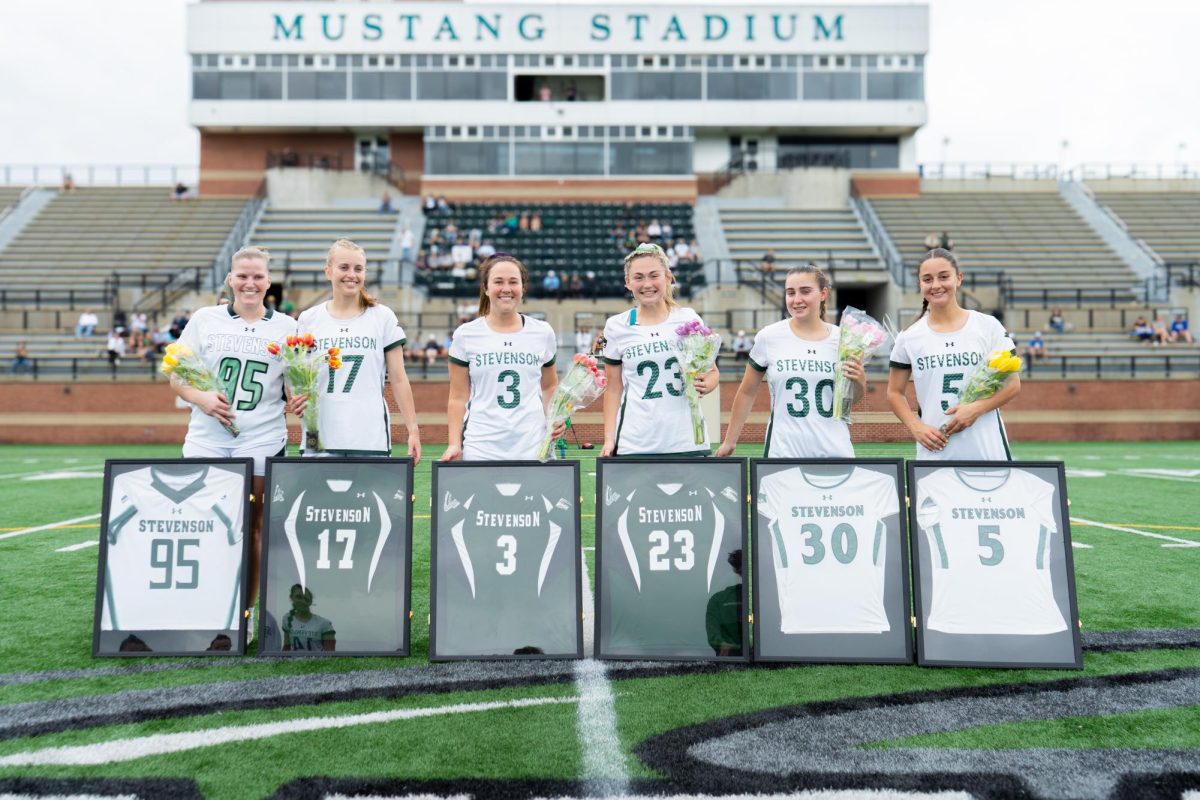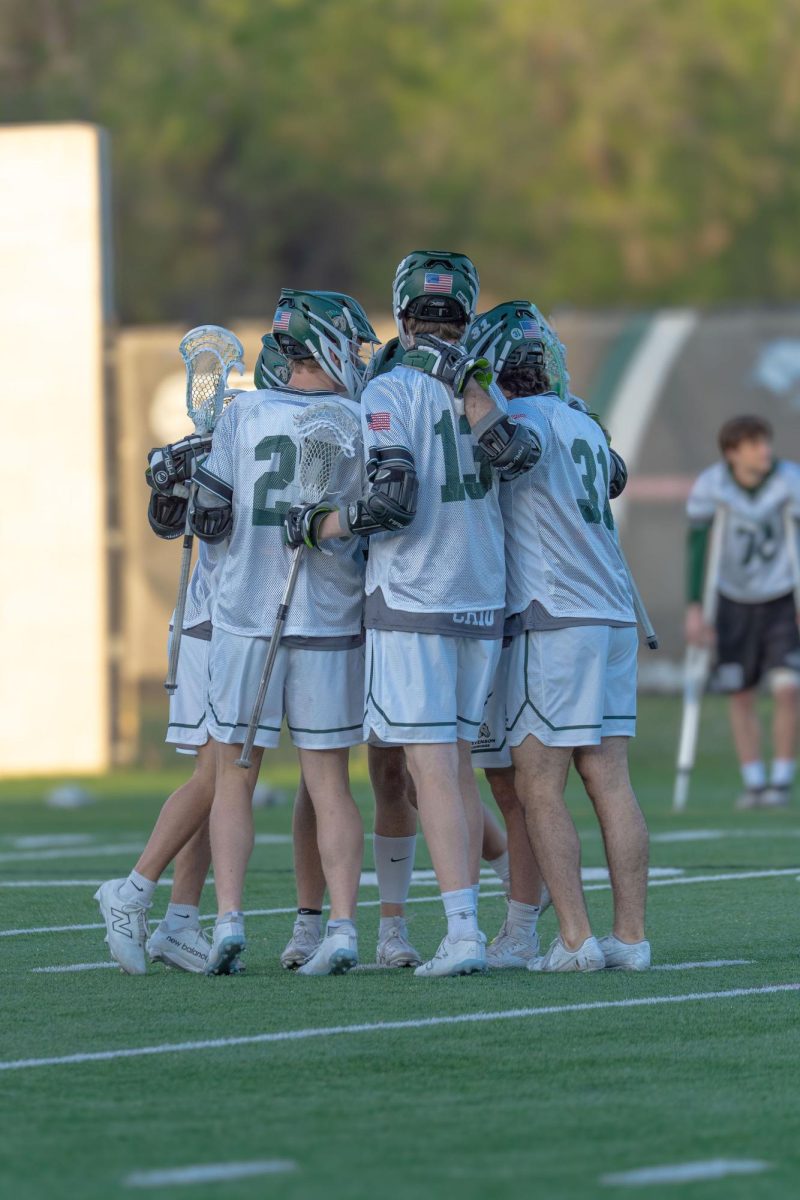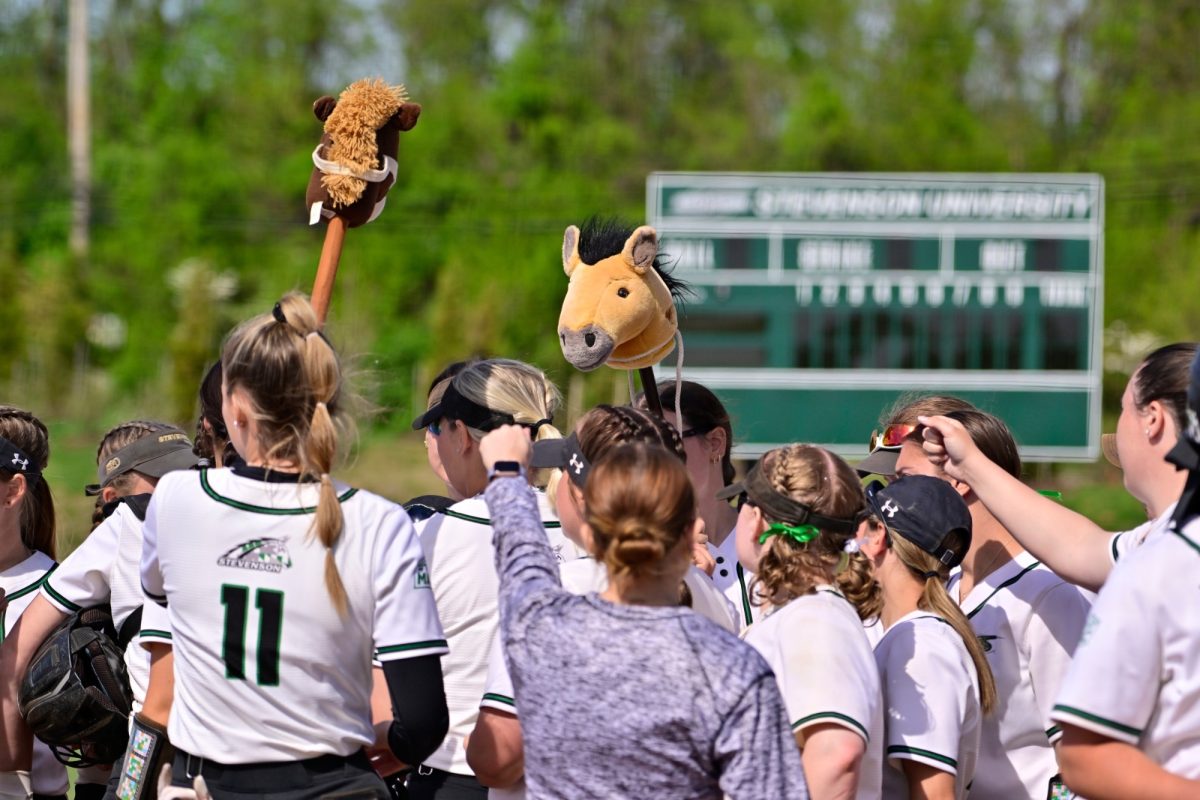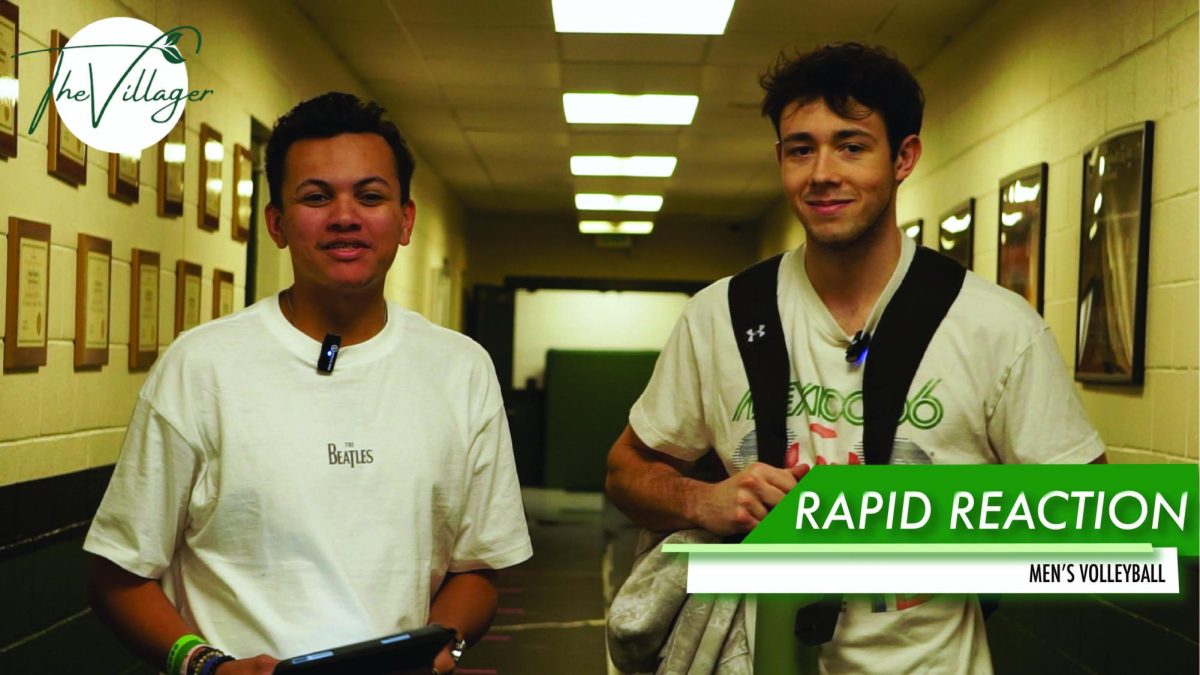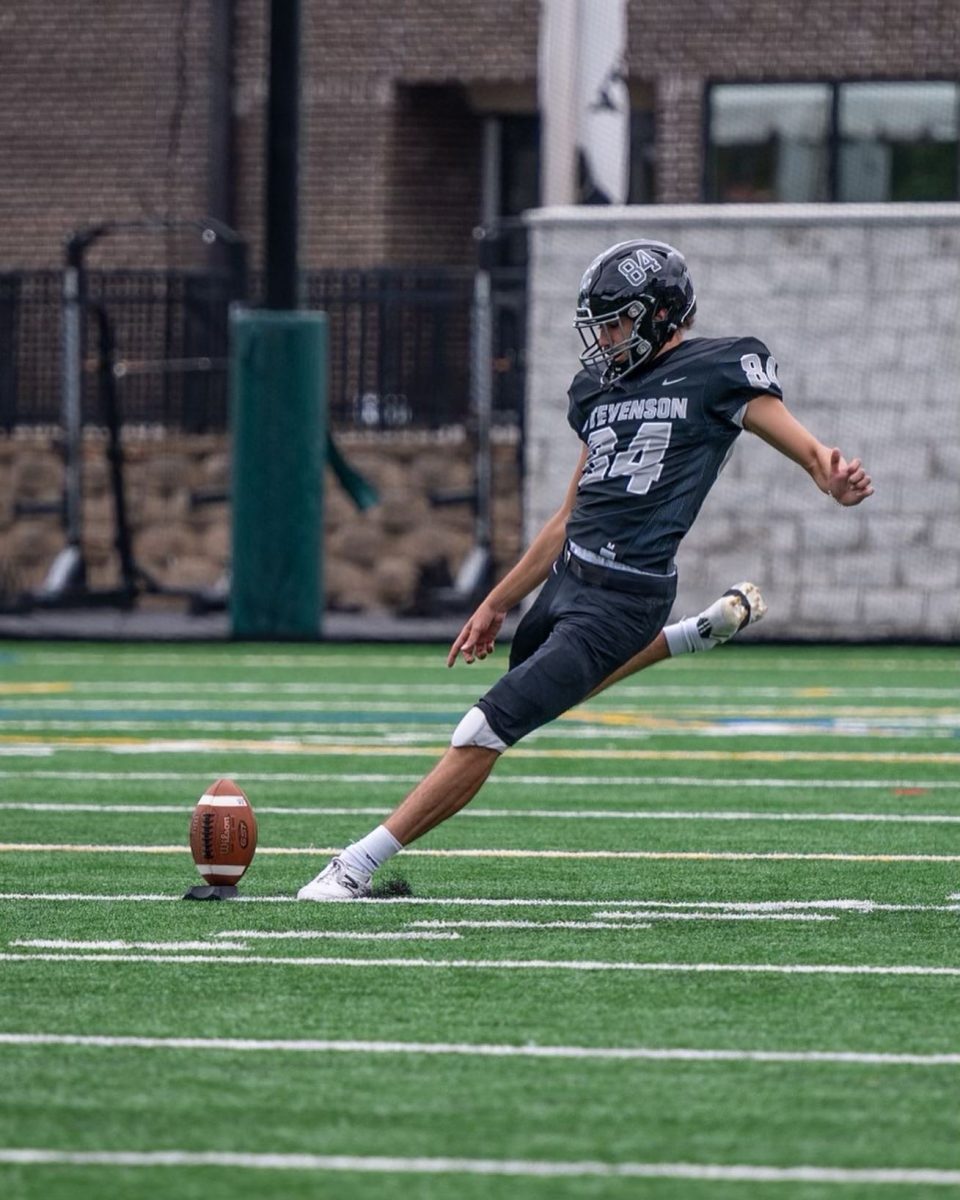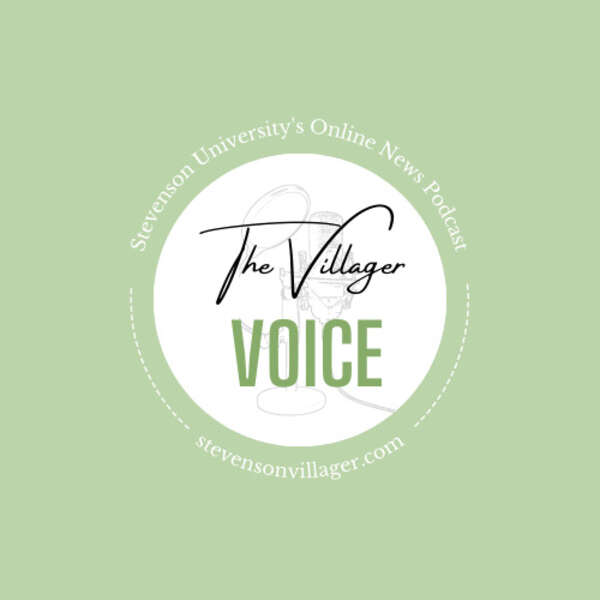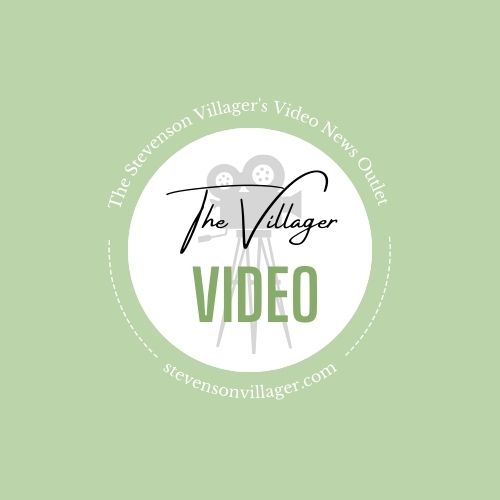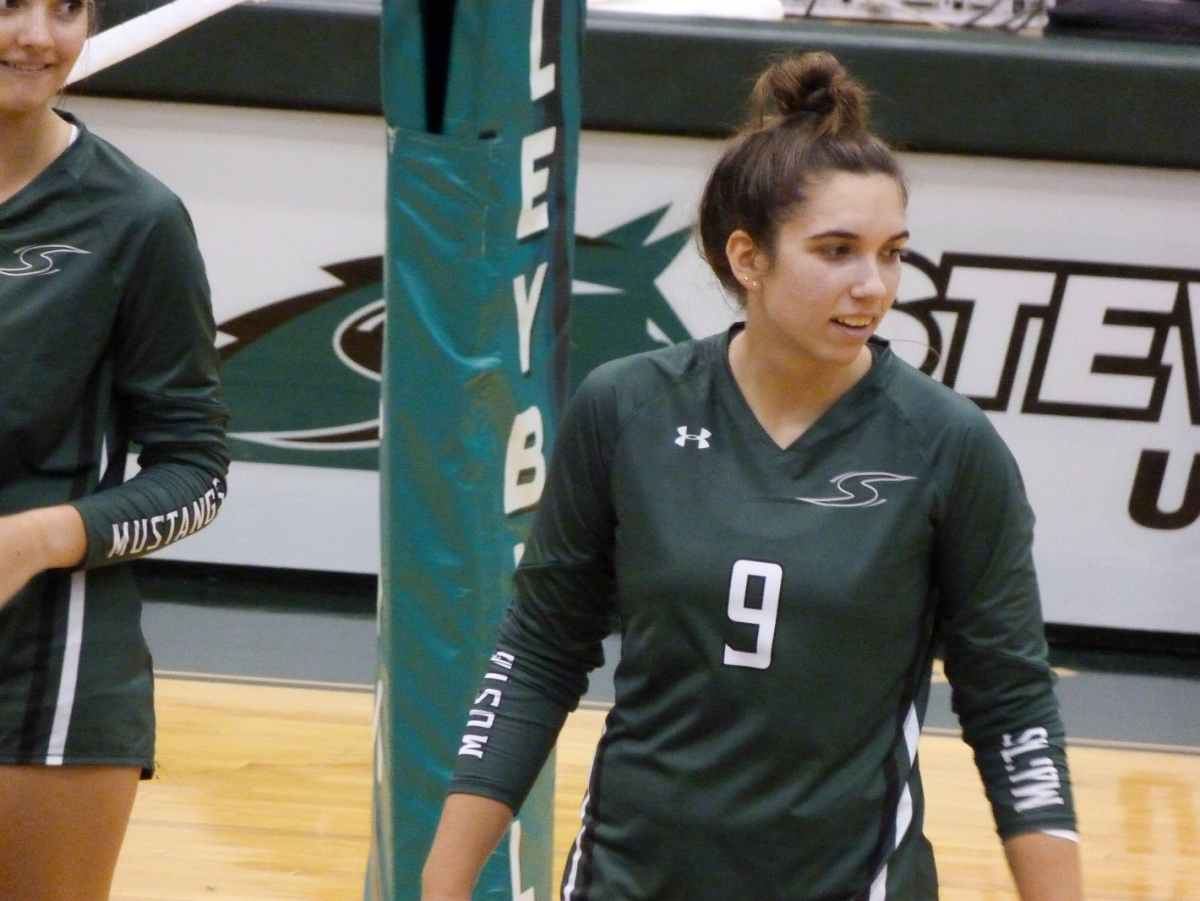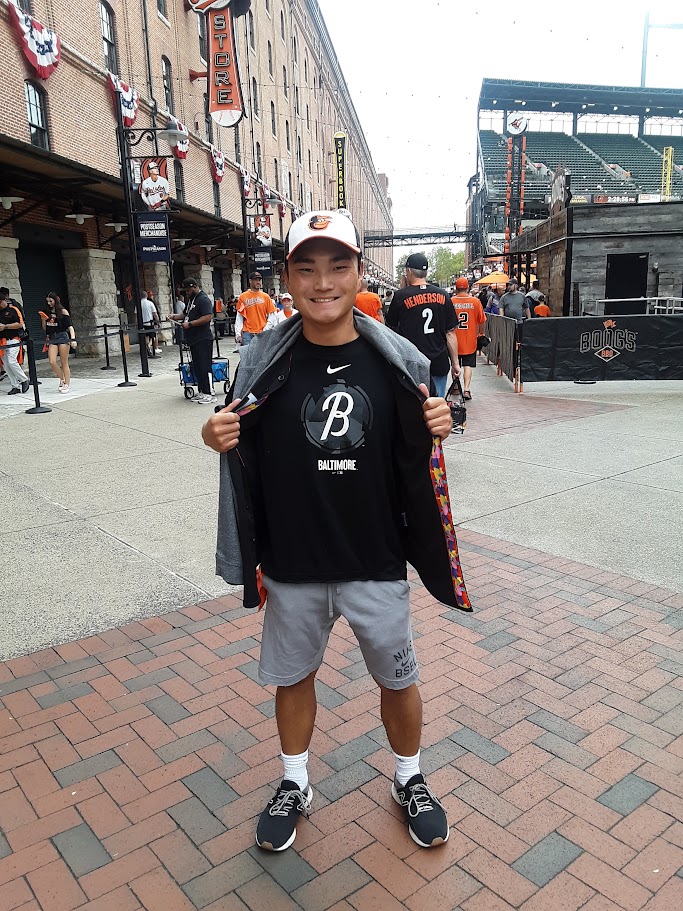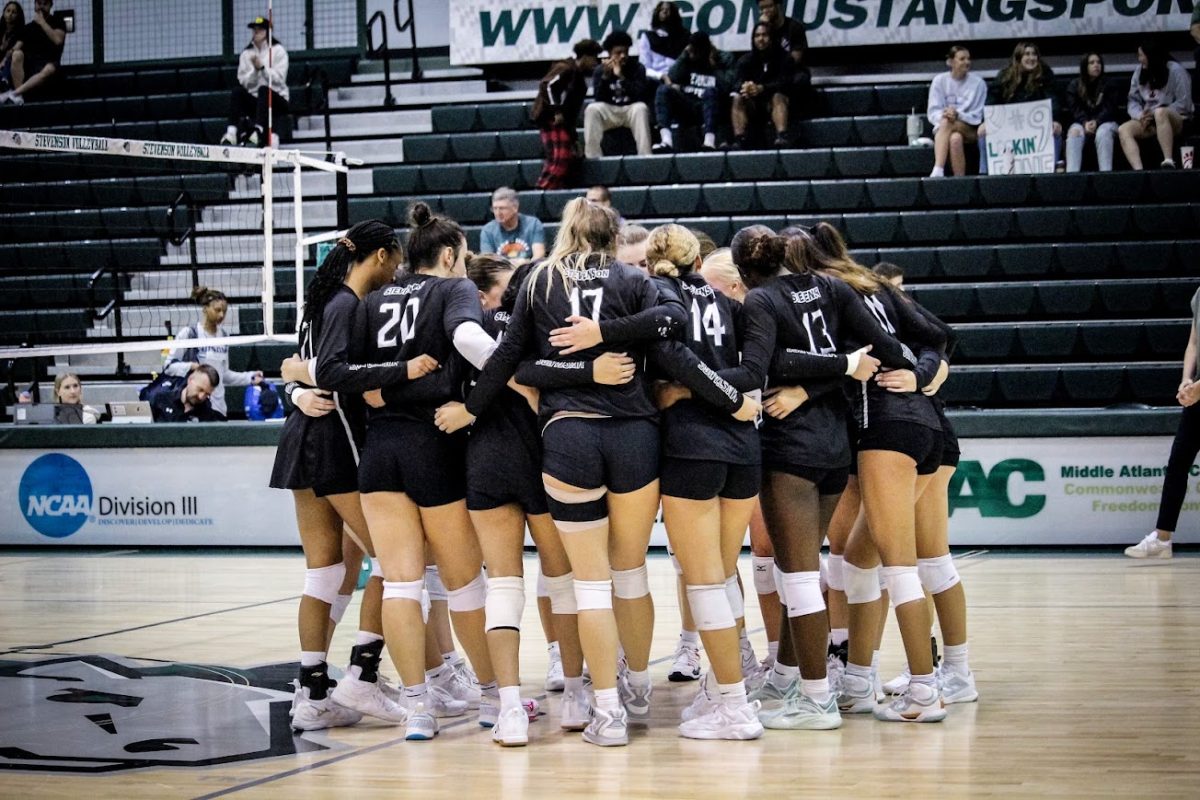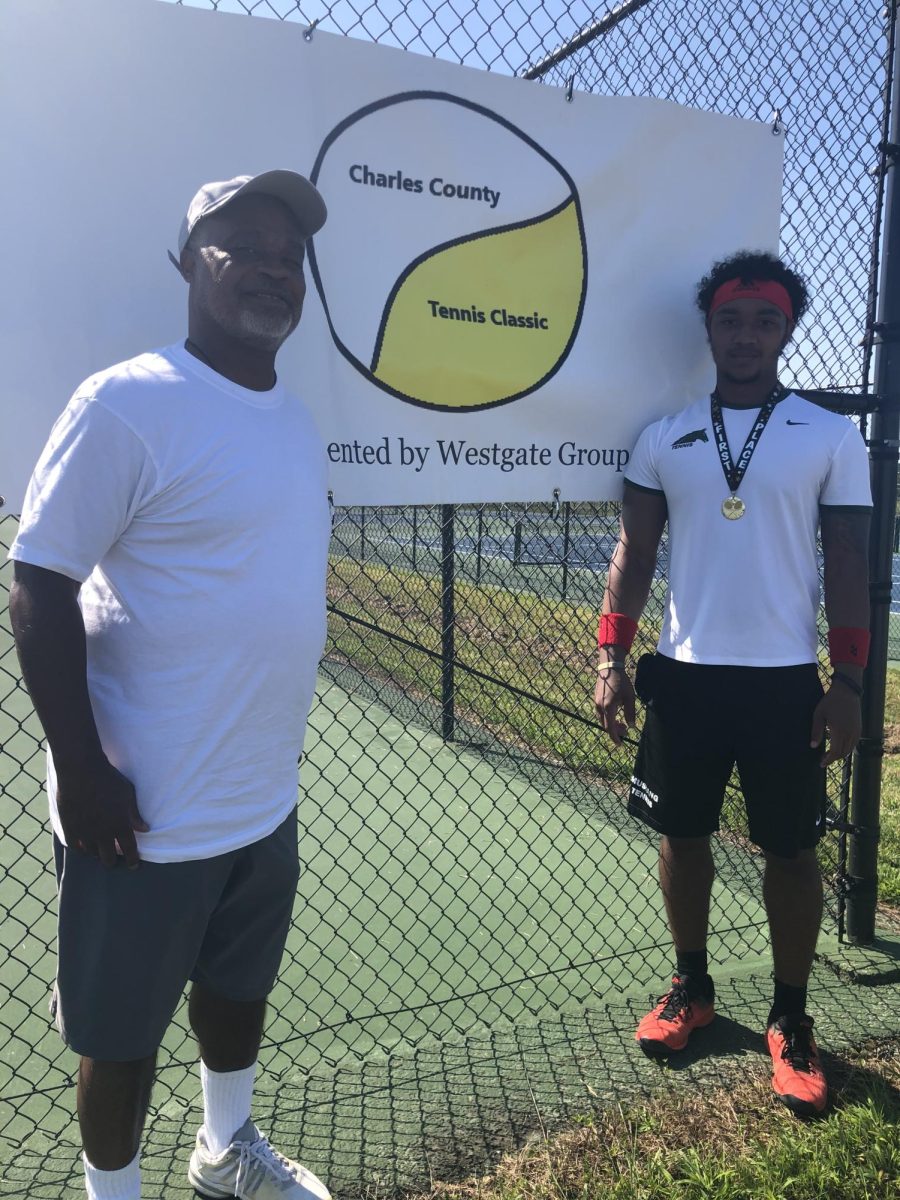Due to the ongoing COVID-19 pandemic, adjustments have been made that change the function of society around the world, even here at Stevenson University. Organizations across the globe have developed archives to collect information to showcase the impacts of this pandemic as well as the changes that have been made in society.
Stevenson University’s library is doing its part to track some of these changes by collecting stories from members of the Mustang community about how COVID-19 has impacted their lives. The data collected from this project will offer a glimpse into what life has been like during this time.
“We as the library consider ourselves a collecting institution,” said Brianna Hughes, Stevenson Faculty Librarian for Instruction and Outreach. “We do have a small archive that we use to collect artifacts, oral histories, and written documentation about the history of Stevenson University.”
According to the project’s website, “the purpose of Collecting our COVID-19 Stories is to document the experiences, emotions, and personal histories of our students, faculty, staff, and others during the COVID-19 pandemic.”
By creating this archive of COVID-19 artifacts, library staff hope to shed light on the impact of this pandemic on Stevenson. “Thinking about how the COVID-19 pandemic is part of Stevenson’s history got us to thinking that this is something that we need to be preserving for future generations of Stevenson students or people who are interested about the history of the institution,” said Hughes. “One hundred fifty years from now, people are going to be curious about what [higher education looked like] during a global pandemic.”
Listed on the project’s website are acceptable formats for submission, including “oral histories, written accounts, recorded interviews (including audio or video), letters or emails, social media posts, memes, original art, [or] creative writing.” Other formats are also acceptable and can be explained on the submission form, found here.
Individuals interested in submitting an artifact to the Collecting Our COVID-19 Stories are not limited to the format examples stated above. “It could be as little as just filling out a survey – answering a few questions about your experience – and that really won’t take longer than five or 10 minutes,” said Hughes. “There are different levels of ways to be involved in the project.”
“Anyone who is really related in any way to Stevenson and feels like they have a story to tell in regards to the COVID pandemic and how it’s affected their life at Stevenson is welcome to submit their story,” said Hughes. “I would love for it to be clear that this is a community-wide project. This is not something that the library is doing on our own.”
Hughes has been planning an event in order to increase exposure to the project – while abiding by COVID-19 regulations. “We are hoping for the summer or fall to do some events that will maybe encourage people and get the word out a little bit more about the project,” said Hughes. “Stevenson is a unique institution… and I [think] that our story is certainly one worth telling.”
Anyone interested in this project may find more information by emailing libraryprograms@stevenson.edu or viewing the project’s FAQ page, found here.













